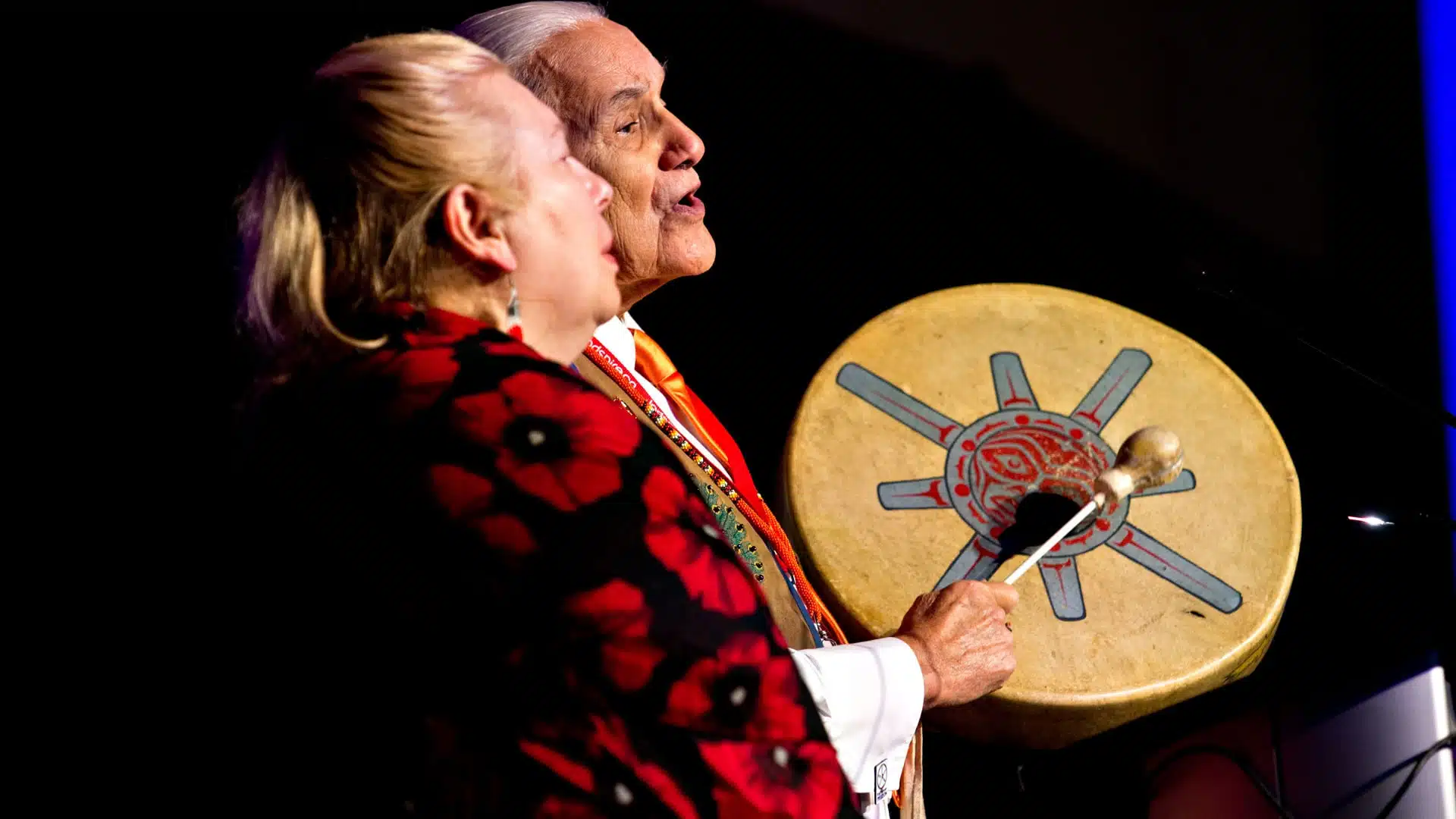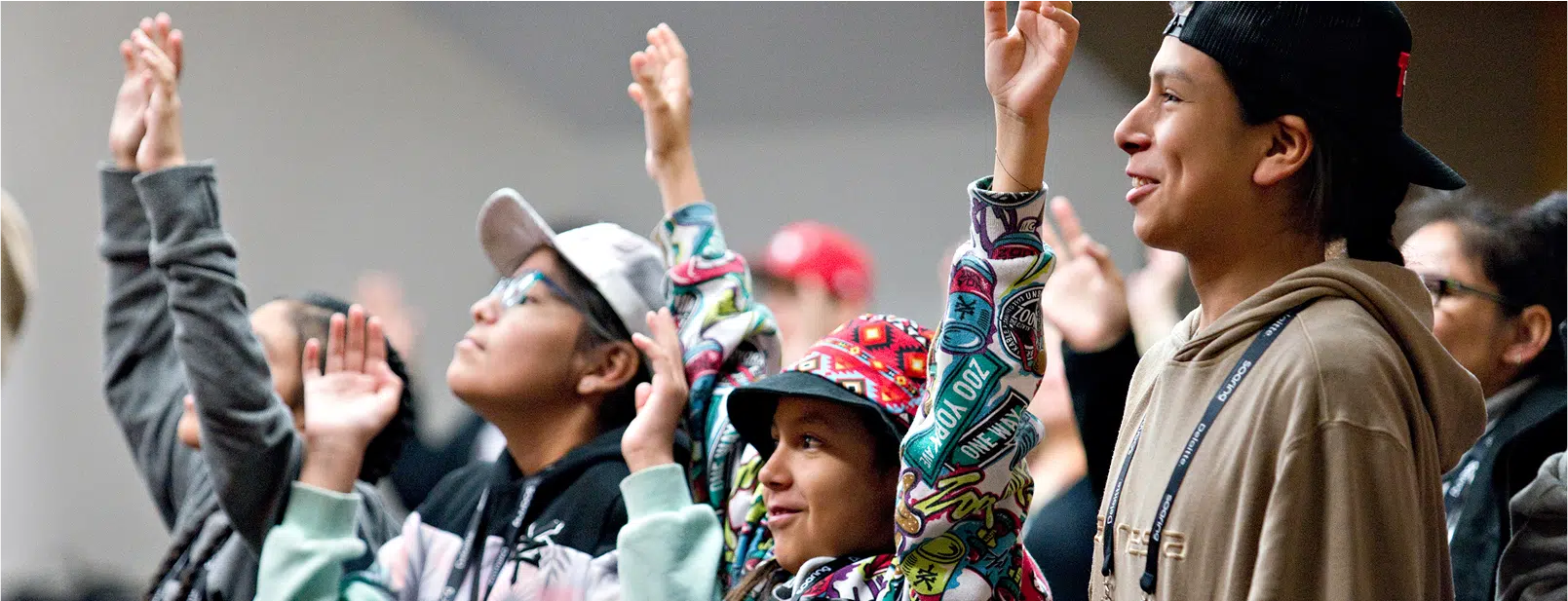For many Indigenous post-secondary students in Canada, connecting with an Elder can be a vital part of their cultural identity and well-being. Elders are deeply respected individuals in Indigenous communities, embodying wisdom and providing spiritual guidance and support. As a new student in an unfamiliar city, seeking out an Elder can offer a sense of cultural continuity and strength. Here’s how to go about it.
Understanding the Role of Elders
In Indigenous communities, Elders are the keepers of wisdom, culture, and tradition. They offer guidance, healing, and support, playing a pivotal role in promoting community well-being and cultural understanding. They can provide a comforting cultural connection for Indigenous students, especially those adjusting to the dynamics of a new city.
Identifying Local Indigenous Communities
The first step towards finding an Elder is to locate the local Indigenous communities in your city. This could be First Nations, Inuit, or Métis, depending on the region. Start by researching or contacting Indigenous organizations, community centres, or friendship centres in your new city. These entities often provide cultural programming, events, and resources, and can assist you in connecting with local Elders.
Engaging with University Resources
Many universities, colleges, and trades schools in Canada understand the significance of Indigenous culture and have resources to support Indigenous students. This can include an Indigenous Students’ Centre, Indigenous student advisors, or Indigenous studies programs. Often, these insitutions have relationships with local Elders who participate in campus life by offering workshops, traditional ceremonies, or one-on-one sessions with students. Reach out to these services to inquire about how you can connect with an Elder.
Respecting Protocols
It’s essential to respect cultural protocols when seeking guidance from an Elder. These protocols can vary among different Indigenous cultures, but general guidelines include approaching Elders with respect, often offering a gift of tobacco as a sign of respect in many cultures. When you find an Elder, explain why you are seeking their wisdom and be open to their guidance. It’s also crucial to remember that the relationship with an Elder is one of mutual respect, reciprocity, and ongoing commitment.
Attending Indigenous Events
Community powwows, cultural festivals, and other Indigenous events can be an excellent way to meet Elders. Participating in these events can provide opportunities to learn, connect with your culture, and build relationships within the community.
Online Resources
In today’s digital age, virtual connections can be beneficial. Some online platforms connect Indigenous individuals across different regions. Websites and social media platforms dedicated to Indigenous communities often share resources, events, and contacts, which can include information about Elders.
Building a aRelationship
Building a relationship with an Elder takes time and sincerity. It’s not just about finding an Elder, but nurturing that relationship with regular interaction, respect, and reciprocity. Be open to their teachings, participate in cultural events or ceremonies, and offer your help when needed.
For Indigenous students moving to a new city, finding an Elder can be an empowering journey of cultural reaffirmation. This connection can serve as a bridge between your cultural heritage and your new university life, offering support, wisdom, and a sense of belonging. Start your search with an open mind and heart, respecting cultural protocols, and appreciating the rich wisdom and guidance an Elder can bring to your university experience.


